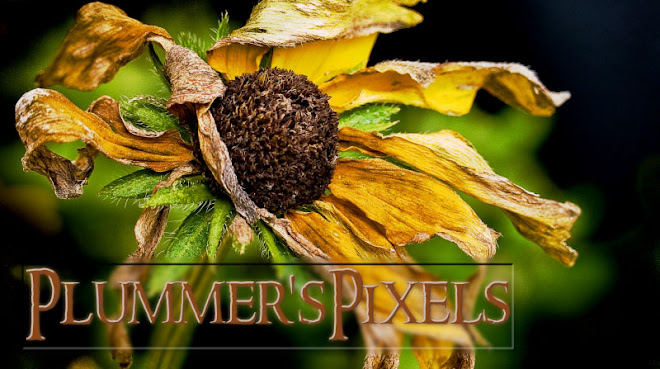Tomorrow is the anniversary of the armistice that ended the horrors of World War One. At the eleventh hour of the eleventh day of the eleventh month the guns fell silent. Since then, November 11 has been set aside as a day to remember all those who gave their lives in the armed forces for our freedoms. In UK, people mark that day by wearing a red paper poppy. (The poppy thrived in the soil between the trenches of Flanders that was torn up by bombs and shells. It was adopted as the symbol of the horrors of War.) That tradition is still strong. On the way to the airport in Tokyo today I saw several westerners wearing poppies in the lapels of their business suits. Here in the US we will celebrate “Veterans Day” to remember those who served for our freedoms. There will be ceremonies and maybe even parades, but often the focus will be on “past” wars. It is easy to remember the “acceptable” conflicts of WW II, Korea, and nowadays, even Viet Nam. Those wars are safe. The conflict has ended, the pain is past and the horrors are safely confined to movies and television documentaries.That is not true of the present conflict in Iraq.
On a recent visit to Calgary I noticed that the flags at the airport were flying at half-staff. It was not a special holiday and the newspapers had no reports that an eminent citizen had died. The reason was that a member of the Canadian armed services who had been killed overseas was returning home. I confess that I thought this was a “nice” gesture and continued on my way. Tonight I watched a TV report about how the ordinary Canadian people pay their respects to Canada’s fallen. The article made me compare the way Canada acknowledges its fallen with the air of secrecy that surrounds the sacrifice by the US forces. Here, we are regularly informed about numbers. The trouble is (or maybe the point is) we are immune to numbers. An article that four soldiers were killed by an IED evokes no response. The sight of those four bodies returning home, four flag draped coffins, grieving families, distraught children and the effect this has on four different communities might make us appreciate the full cost of this futile war.
We rightly ridicule government attempts to stifle news and feed propaganda to its citizens. When that is our government’s policy and it also negates the full sacrifice of our fallen, it is unconscionable.
I memorized this verse at school in the 50s when the horrors of WWII were still visible in Europe. My teacher was an "old" lady. She probably shared in the sacrifices of WW I. The thoughts it expresses are still applicable to the heroes of today.
They shall not grow old as we that are left grow old,
Age shall not weary them, nor the years condemn
At the going down of the sun and in the morning
We will remember them.
Laurence Binyon (1869-1943),


